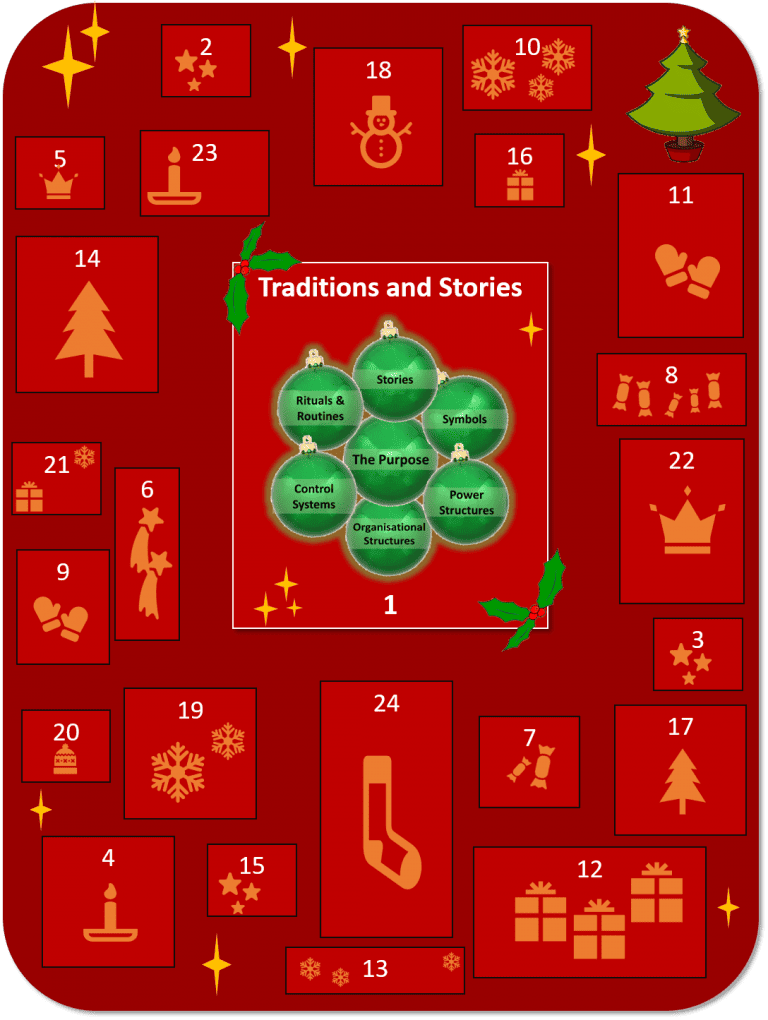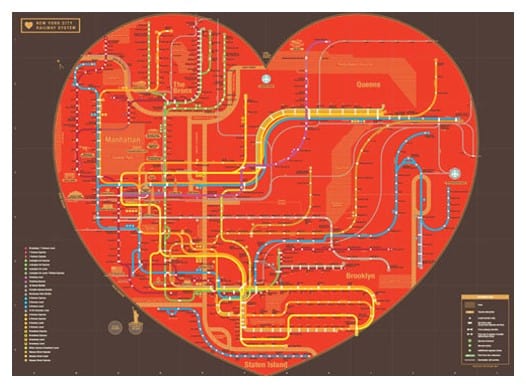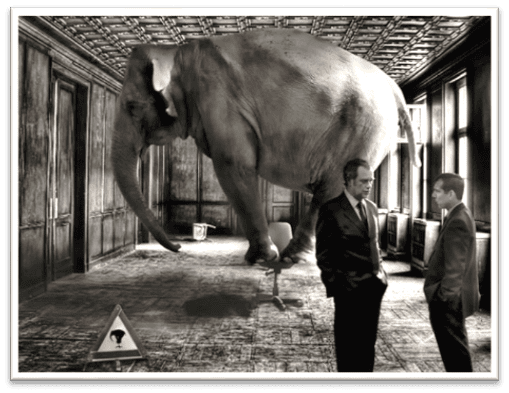Redefining Loyalty When There are No More Jobs for Life

There is an underlying and potentially dangerous association that links employee loyalty to length of tenure, with the assumption that the longer an employee remains with a company, the better. But with so many trends now changing the working landscape and redefining norms (digitisation, multi-generational workforces and an emphasis on wellness, to name a few), we’d be foolish not to redefine our definition of loyalty, especially when there are no more jobs for life. People are more mobile now than ever and workforce planning and talent management has to be more nimble and agile than ever before to keep up with this growing trend. Otherwise companies will remain at risk of bearing significant costs of employee turnover, not just to tangible performance results but culturally as well.
While there’s certainly an appeal to the long-standing, stable employee (increased expertise and knowledge build, strengthened internal networks and relationships, and assumed career progression), this assumes that the employee is highly engaged and motivated throughout his whole tenure. In the absence of this condition, the danger is that these same folk can represent career stagnation, plateau in learning, poor performance, pigeon-holing, and cynicism or scepticism during times of change. So to equate loyalty with length of tenure and low employee turnover, in this day and age, is a naïve approach that tells only half a story.
Our view of loyalty now needs to be broadened beyond simply years of service to include things like discretionary effort, values and behaviours, and leadership principles. And while there’s been pockets of conversations to start this new kind of dialogue, we still haven’t quite nailed what good looks like in terms of loyalty in the 21st century.
So what then, does a loyal culture look like? How do loyal employees and leaders behave and what is their mindset like? What expectations do we have about loyalty? I dare to consider the day where organisations are designed for shorter ‘employee life cycles’; in that, the process of swift yet effective recruitment and on-boarding, skills development and knowledge acquisition, and transfer of knowledge and expertise upon exit, is designed for and becomes the norm. Nowadays, many people expect, or rather look forward to, career ‘re-births’ over time. It happens now, though often by accident or through a process of trial-and-error, where people try out one career path and over time, consider a transition, or two, or three. However future generations, instead, might feel discomfort with being pinned to one mast, and rather, will crave and anticipate their personal evolution, both personally and professionally. And importantly, they’ll thrive in a working context, and society, that supports and enables this process.
If the trend of shorter employee life cycles remains and persists, then how can we start to reframe and re-write our expectations and conceptions of loyalty so that both employer and employee get the most value, enjoyment, and benefit from each other during their time together at work, no matter how long or short?
The actual definition of loyalty in its purest form means “a strong feeling of support or allegiance to something.” If we were to hold onto this meaning yet refresh and adapt our view of what it means to be loyal at work, taking into account the above, then perhaps it could mean:
Allegiance to fair access to opportunities
In this case, loyalty is about leaders and managers playing their part in creating and maintaining fair processes when it comes to performance development and managing poor performance when necessary, where personal affiliations or biases don’t get in the way of making important decisions.
In the absence of a clear framework, reviews, rewards and promotions are left too heavily on personal discretion. And while of course we want leaders and managers to have autonomy and responsibility to make these calls based on their professional experience, the danger in the absence of clear and consistent guidelines is that people rely too heavily on subjective experiences when making important decisions. We’ve seen this to especially be true in archaic organisations that are slow to change or adopt new attitudes. For instance, when managers base promotions on personal relationship equity rather than objective performance. Friendship groups get in the way, collusion creeps in, and there is a sense of injustice that starts to infiltrate the system.
Allegiance to people development, at all costs
Having more honest and frank conversations between line manager and employee to recognise and reward great performance, offer support, and spot any gaps so that career development conversations serve the employee which over the long run, serve the company, whether they remain or not. After all, wrong people in the wrong roles are a value drain over time.
Take Laura for example. Laura feels stuck in her role at work, and following a merger and restructure, has been considering her future within the business for some time. Her manager wants her to remain; Laura knows the business inside and out, is proficient in her work and gets the job done. While her manager has gone to lengths to carve out a refreshed and enticing portfolio of responsibilities, Laura knows that a shiny new portfolio won’t make up for the absence of other factors that make her sense of job satisfaction, which is currently withering on the vine. And while she is keen to explore a role that excites her in another department, she knows that internal politics will make this move difficult. To make things worse, a history of tense and unconstructive performance development conversations with her line manager leaves her feeling at the end of the road, and recognised more for being an efficient and effective cog in a wheel rather than a person with broader motivations and aspirations. She decides to leave her job. Had her line manager remained loyal and committed to Laura’s unique development needs rather than trying to retain an efficient cog in a complex wheel, the company may have retained her talent, albeit in a new way.
Allegiance to an inclusive, informed and engaged culture
Loyalty from a senior leadership perspective could mean transparency, where open and honest communication is role-modelled and becomes the norm to encourage the exchange of information, feedback, ideas, and open debate. Behaviours that could fall in this space include showing integrity, keeping promises, sticking to commitments and doing what’s in line with a shared agenda and common purpose.
For example in the book Work Rules!, Laszlo Bock, SVP of People Operations at Google, shares several stories of companies implementing different strategies to cultivate a culture of transparency and integrity; sharing video recordings or meeting minutes from senior leadership team meetings, or inviting junior employees to sit in on meetings, take notes and then bring back the insights to their teams. Extreme or not, the point is there is room for more transparency which, arguably, can fall under a refreshed and reframed definition of loyalty at work.
You can argue a case that a short stint at work combined with high engagement and high value-creation is much more valuable than a longer one where an employee is disengaged, unchallenged, and doing the bare minimum to get by. If we reshape our definition of loyalty then perhaps it is the former who is more loyal than the latter; it is less about an employee’s length of tenure and much more to do with what behaviours and norms are valued and emphasized in a company’s culture, and what is role-modelled by leadership. Rather than loyalty focusing on the length of relationship between ‘employer-employee’, perhaps a much more productive and constructive way to consider loyalty is culture and company-wide in the behaviours that are valued and championed, and the ways in which organisations support development, growth, and in some cases, transitions.
Written by Tiffany Missiha
(image credit)






